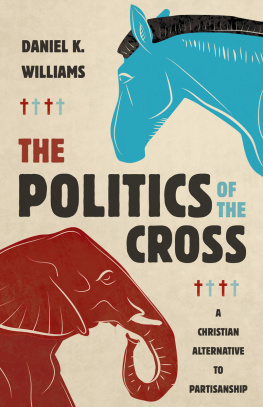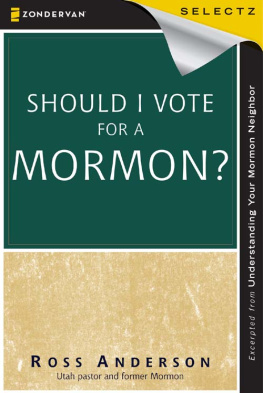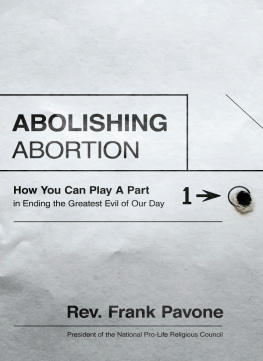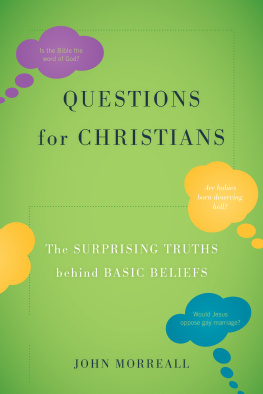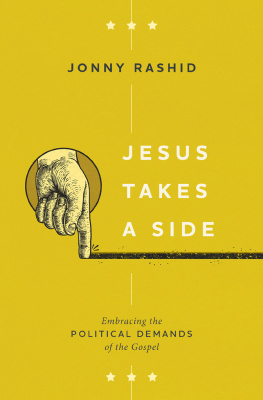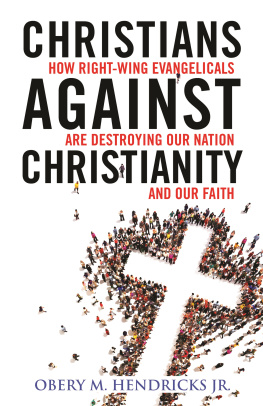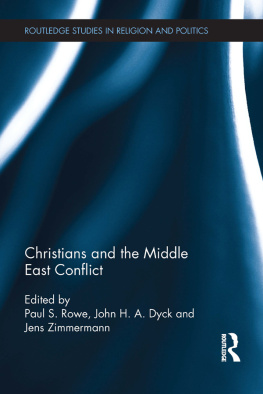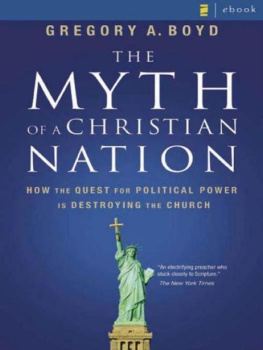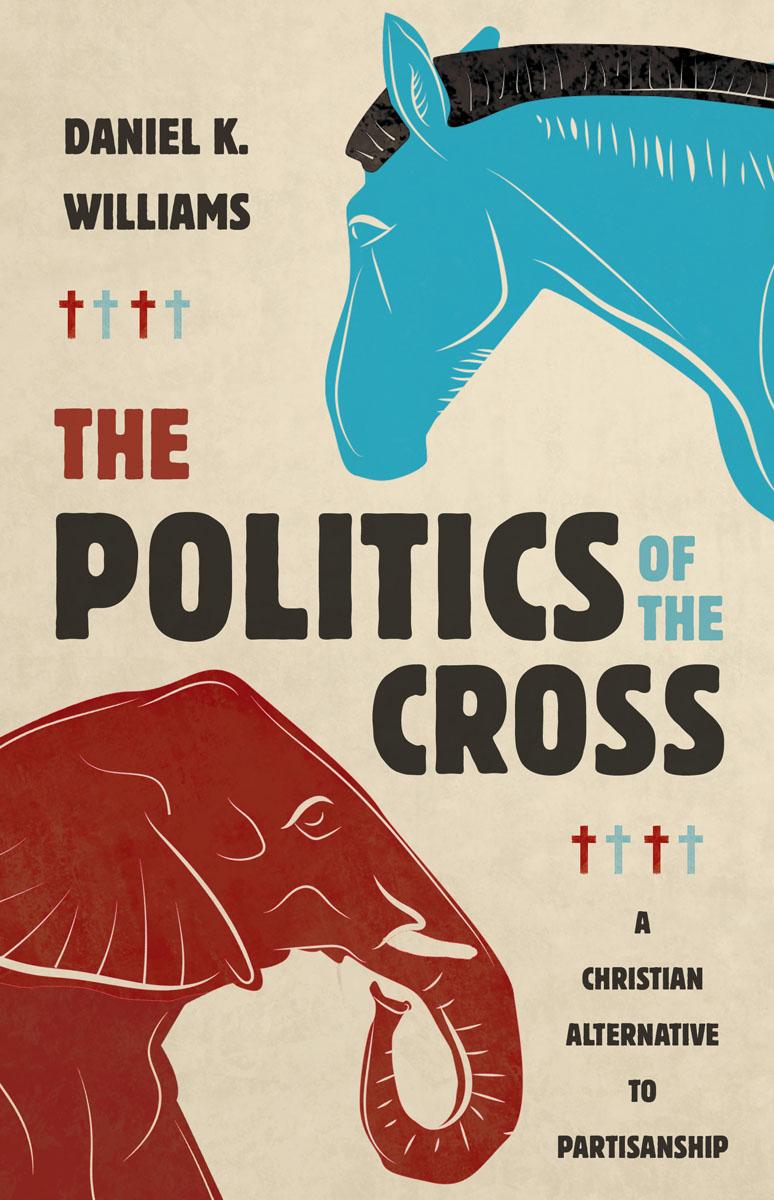Daniel K. Williams - The Politics of the Cross: A Christian Alternative to Partisanship
Here you can read online Daniel K. Williams - The Politics of the Cross: A Christian Alternative to Partisanship full text of the book (entire story) in english for free. Download pdf and epub, get meaning, cover and reviews about this ebook. year: 2021, publisher: Wm. B. Eerdmans Publishing Co., genre: Politics. Description of the work, (preface) as well as reviews are available. Best literature library LitArk.com created for fans of good reading and offers a wide selection of genres:
Romance novel
Science fiction
Adventure
Detective
Science
History
Home and family
Prose
Art
Politics
Computer
Non-fiction
Religion
Business
Children
Humor
Choose a favorite category and find really read worthwhile books. Enjoy immersion in the world of imagination, feel the emotions of the characters or learn something new for yourself, make an fascinating discovery.
- Book:The Politics of the Cross: A Christian Alternative to Partisanship
- Author:
- Publisher:Wm. B. Eerdmans Publishing Co.
- Genre:
- Year:2021
- Rating:5 / 5
- Favourites:Add to favourites
- Your mark:
The Politics of the Cross: A Christian Alternative to Partisanship: summary, description and annotation
We offer to read an annotation, description, summary or preface (depends on what the author of the book "The Politics of the Cross: A Christian Alternative to Partisanship" wrote himself). If you haven't found the necessary information about the book — write in the comments, we will try to find it.
Where do Christians fit in a two-party political system?
The partisan divide that is rending the nation is now tearing apart American churches. On one side are Christian Right activists and other conservatives who believe that a vote for a Democratic presidential candidate is a vote for abortion, sexual immorality, gender confusion, and the loss of religious liberty for Christians. On the other side are politically progressive Christians who are considering leaving the institutional church because of white evangelicalisms alliance with a Republican Party that they believe is racist, hateful toward immigrants, scornful of the poor, and directly opposed to the principles that Jesus taught. Even while sharing the same pew, these two sides often see the views of the other as hopelessly wrongheadedeven evil. Is there a way to transcend this deep-seated division?
The Politics of the Cross draws on history, policy analysis, and biblically grounded theology to show how Christians can protect the unborn, advocate for traditional marriage, promote racial justice, care for the poor, and, above all, honor the gospel by adopting a cross-centered ethic instead of the idolatrous politics of power, fear, or partisanship. As Daniel K. Williams illustrates, both the Republican and Democratic parties are rooted in Christian principles, but both have distorted those principles and mixed them with assumptions that are antithetical to biblical truth. Williams explains how Christians can renounce partisanship and pursue policies that show love for our neighbors to achieve a biblical vision of justice.
Nuanced, detailed, and even-handed, The Politics of the Cross tackles the thorny issues that divide Christians politically and offers a path forward with innovative, biblically minded political approaches that might surprise Christians on both the left and the right.
Daniel K. Williams: author's other books
Who wrote The Politics of the Cross: A Christian Alternative to Partisanship? Find out the surname, the name of the author of the book and a list of all author's works by series.

